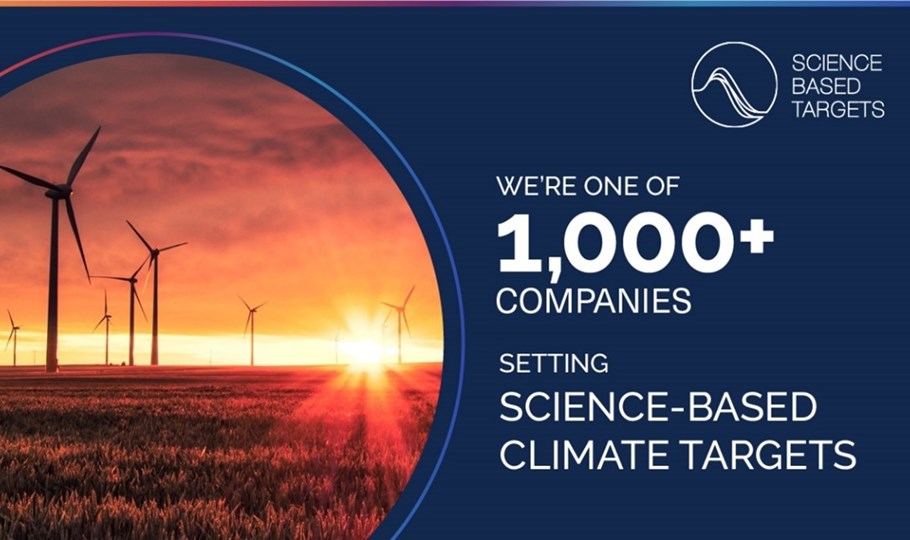
CCL Logistics and Technology's Journey with Science-Based Targets
In an age defined by unprecedented environmental challenges, the need for decisive action has never been more urgent CCL has committed to set near-term targets to reduce company-wide emissions in line with climate science with the Science Based Targets initiative (SBTi).
What are science-based targets?
Science-based targets provide a clear pathway for companies to reduce greenhouse gas (GHG) emissions. Targets are considered ‘science-based’ if they are in line with what the latest climate science deems necessary to meet the goals of the Paris Agreement – limiting global warming to 1.5°C above pre-industrial levels.
What are CCL’s targets?
CCL aims to reduce scope 1 and scope 2 GHG emissions 42% by 2030 from a 2022 base year, while also measuring and reducing its scope 3 emissions. These goals are ambitious yet achievable, aligning with the global drive to combat climate change.
CCL’s sustainability strategy
Embracing the Science-Based Targets initiative (SBTi) as a core component of its sustainability strategy further shows CCL's dedication to evidence-based practices and not only sets a high standard for itself but also encourages others in the industry to follow suit.
John Murray, CCL’s Head of Sustainability, emphasised “The journey towards sustainability is not without its challenges, but we embrace them head-on. Collaborating with SBTi, we embarked on a rigorous process to set science-based targets tailored to our business.”
By incorporating the Science-Based Targets initiative as a foundation of its sustainability strategy and setting ambitious targets CCL proves that sustainability is not just a goal but a fundamental pillar of responsible business.
Find out more about SBTi here.


